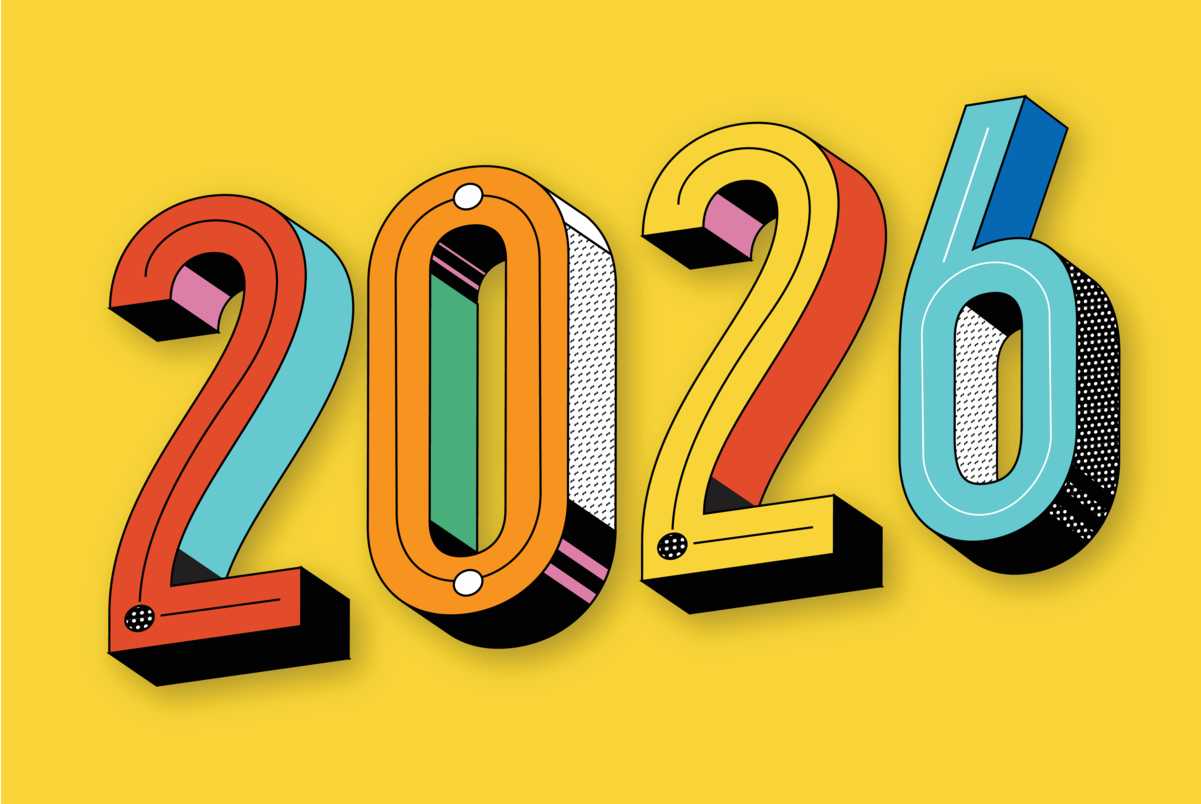It's hard for companies not to be intrusive and annoying with advertising. If Facebook (FB +1.47%) is planning to monetize assets like its Messenger app, it will have to take great care to ensure that users aren't pestered by commercials. As ever, the company seems to have a rock-solid plan for this.
In this clip, Sean O'Reilly and Dylan Lewis talk about how Facebook makes ads engaging while respecting its users, and how this lines up with the company's rumored plans for Messenger.
A transcript follows the video.
This podcast was recorded on Feb. 19, 2016.
Sean O'Reilly: The question that I'm sure is on everybody's minds is, because it was definitely on mine, is there going to be user blow-back? Because if they really hit me up, I will not use Facebook Messenger. I don't think I need to. I don't use it all the time. The last time I think I used it I talked to a friend from high school the other day, and then I used it to reach out to a friend from college and meet him up for a drink because we hadn't talked in a few years like a month ago. It's not required for my life.
Dylan Lewis: Right. I don't know. If you're in the U.S., unless you have a lot of international friends or, I don't know, people coming into your life that you don't have the phone numbers of, you can get by without Facebook Messenger.
O'Reilly: Right.
Lewis: A lot of the appeal of WhatsApp and Facebook Messenger is that they are international services that can connect people that might not be able to text otherwise.
O'Reilly: Right.
Lewis: I think that's a legit concern. I do think the way they're structuring it, it seems to hedge on that, and I think that Facebook's been very smart and very deliberate in how they have decided to monetize their platforms in the past. There's actually this great breakdown from most recent conference call of the playbook for developing and monetizing a platform as according to Mark Zuckerberg. I figure it'd be nice to run through that and just explain what his process is here and I think why they've been so successful with Facebook and then Instagram.
O'Reilly: OK.
Lewis: His first step he identifies is build a great consumer experience. Basically, you're helping people share things in a new way. That's his description for that. Second step, introduce organic ways that people can interact with businesses. He points to Facebook and the pages as an example. Those started out as non-ad-based, just like, "You can build up a Web presence as a local business or as a large company and people can interact with you. They can comment on stuff. You can post things about new products, things like that, but it is not so intense. You are choosing to follow these companies, and you are getting news and updates about those companies."
O'Reilly: Right.
Lewis: Once you have this very ramped-up participating base of companies, then step three is start dialing up advertising. He says you want that to be good, feel good, and have it be part of an experience, because these are all people that you're already participating with and interacting with.
And so, it seems to me that there's a real focus on building up this community and experience that already has people doing a back and forth with businesses, and then choosing to monetize it. When you see them saying, "Okay, we're only going to allow people to be approached with ads from businesses that they've reached out to," they're following this blueprint exactly.
O'Reilly: Got it.
Lewis: I don't know. You look at the success that they've had with Facebook and then porting that over to Instagram, and they've been wildly successful. One of my favorite quotes from The Social Network is they're talking about monetizing Facebook, and I think Eduardo Saverin's character is talking about paying for the party and the character that Justin Timberlake plays, I forget ...
O'Reilly: Sean Parker.
Lewis: Sean Parker, he's like, "Well, how big do you want the party to be?" It's like, "Don't worry about paying for the party yet, just make the party as big as possible and then worry about paying for the party," basically.
O'Reilly: Right.
Lewis: That's something they've been really excellent at.
O'Reilly: This is a really big party. This is an 800-million-person party.
Lewis: Yeah. I think they've just nailed execution with this stuff in the past, and I don't think it's going to be this overwhelmingly invasive thing.






